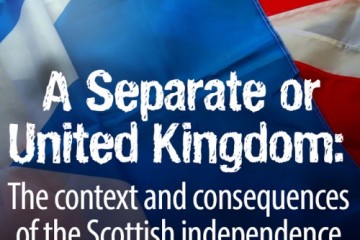
Scotland: Diaspora and Independence
Much of the discussion around the relevance of migration and migrants to the Scottish independence debate revolves around the effects of independence on current immigration policies in Scotland and the rest of the UK. But in the last two centuries, Scotland’s population change has been characterised more by emigration than by immigration.
Clear data on the actual size of the Scottish diaspora are hard to come by and are critically dependent on how one chooses to define ‘Scottish diaspora’. The number of people born in Scotland and living outside the UK, for example, is estimated at about 200,000, while about 850,000 Scottish-born people are believed to live elsewhere in the UK (Shaw 2013). These relatively modest numbers are dwarfed, though, by estimates of the size of the ‘Scottish diaspora’ using looser interpretations of the term that include those with more distant Scottish ancestry, in particular those who still consider themselves to be, in some way, Scottish. When these more distant ‘Scots’ are included, estimates of the size of the diaspora increase to more than 30 million (Sim 2011) – with some suggesting the number could be as high as 100 million. Clearly, larger numbers relate to those whose sense of Scottishness is based on more distant heritage – potentially going back several generations – or even less tangible relationships with Scotland.










